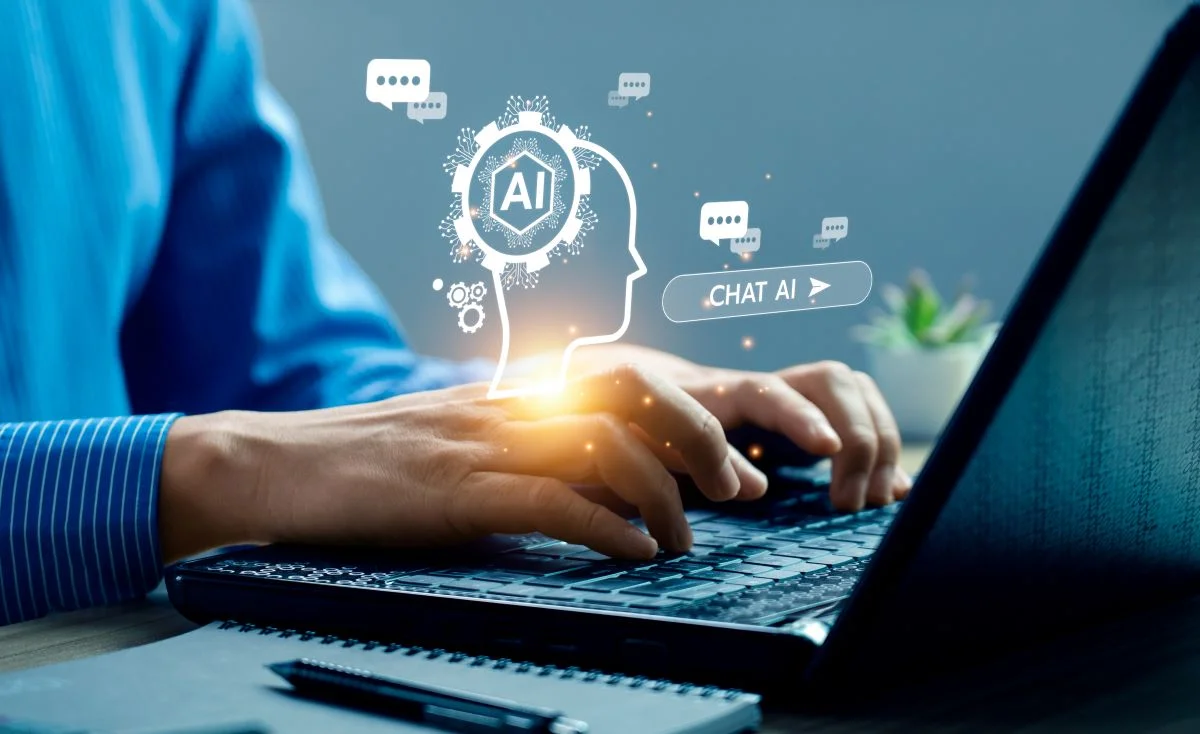When it comes to the future of the workforce, nobody knows with certainty what new industries will emerge and the skills that will be in high demand. What we do know is that the future will be radically different than the work environment of today, and the pace of change will be faster than anyone expects. For learning and development leaders, educators and HR professionals tasked with preparing the workforce of tomorrow, this raises a very important question: “How can you expect employees to chart out a career path when the future jobs likely haven’t even been invented yet?”
The answer to this question is… “you can’t!”
This tweet by Jason Furman, a Harvard Professor and former Chair of the Council of Economic Advisers, said it perfectly:
My take on the Future of Work:
1 Work has a future
2 No one knows what it is
3 Whatever it is, education will helphttps://t.co/yjjiROEaYh— Jason Furman (@jasonfurman) September 28, 2017
The key to helping employees successfully navigate the career changes ahead is for both individuals and organizations to cast off the notion of skill durability and career longevity. Both companies and employees must embrace the fluidity of the modern work environment and seek out ways to make the best out of each opportunity as it emerges. Learning and development and HR leaders and educators can look to a couple of areas for success.
Adaptability and Agility
Adaptability will be an essential trait for individuals as each day they face new challenges and shifting expectations in the workplace. The skillset that got someone promoted last week may be what causes their job to be eliminated next week. Past success cannot be taken as an indicator of the future. Employees must remain focused on the future and their role in creating it.
Processes that enable organizational agility (both by supporting dynamic change and rapid response to environmental stimuli) will serve as the key strategic differentiators relative to competitors. With windows of opportunity getting shorter, how quickly the organization responds and executes will be equally (if not more) important than what the response actually is.
Skillset and Mindset Changes
For individual employees, preparation for the future work environment requires extensive changes to both skillset and mindset.
According to the 2016 Future of Jobs report from the World Economic forum, fundamental skills such as critical-thinking, problem-solving and decision-making are the building blocks that establish a framework to help employees identify changes in their environment quickly and adapt response strategies targeted at producing the outcomes they desire. By embracing a learning/growth mindset and seeking out opportunities and experiences that lead to continuous personal improvement – employees will perceive change as not only a normal part of the environment but something to be excited about.
The change in employees’ mindset can in turn lead to a shift in the overall organizational culture towards embracing grass-roots leadership and the organizational agility that comes with it. Companies who support decision-making structures that seek out the diverse input of a broad employee community gain access to innovative idea approaches to business opportunities (instead of relying on a few people in leadership positions). Finding the innovative ideas and implementing them quicker than your competitors is the key to creating competitive advantage in the modern world of business.
Hang on tight, the future of work looks to be a wild ride! To learn more about the workforce trends projected over the next few years and the skills that your employees can begin working on now to get ready, download the whitepaper “Future-Proofing Your Organization” available here. For over 60 years, the experts at Kepner-Tregoe have been helping companies implement processes and level-up employee skills to enable adaptability and agility. The acceleration of the work environment is making these traits more critical than ever for modern companies.



